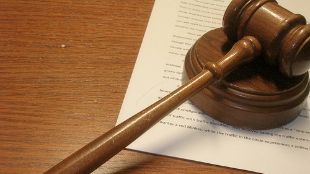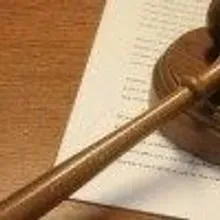 FLICKR, BRIAN TURNERPubPeer, the post-publication peer review forum in which users can anonymously point out alleged flaws in the published scientific literature, has “recently received a legal threat,” according to a comment published by the site’s moderators yesterday (August 18).
FLICKR, BRIAN TURNERPubPeer, the post-publication peer review forum in which users can anonymously point out alleged flaws in the published scientific literature, has “recently received a legal threat,” according to a comment published by the site’s moderators yesterday (August 18).
The news came as a reply explaining to an anonymous academic user of the site why his or her discussion topics had been disabled. The moderators—who themselves remain anonymous—said they had recently disabled topics focused on specific groups of people.
“Although [the threat] is unrelated to your posts, we have decided that ‘personal’ topics are quite likely to attract further legal activity,” the moderators wrote. “As a matter of strategy and out of respect for those helping us with legal issues, we think it would be prudent to work through the issues of our first legal case without having to fight on several fronts at once.”
The nature of the reported legal threat to PubPeer remains unclear. In an e-mail to The Scientist, those behind ...




















